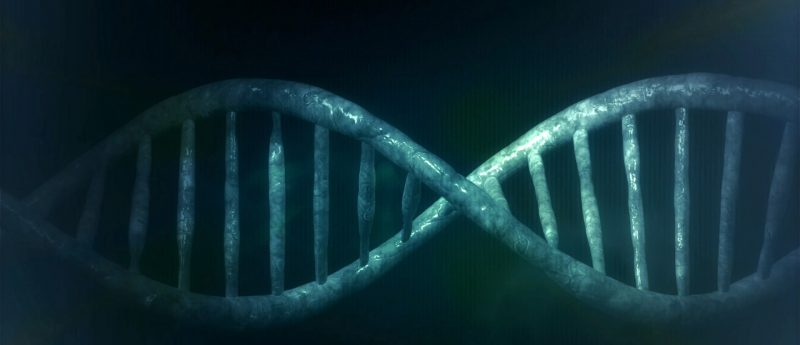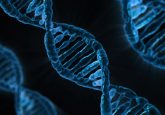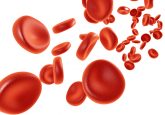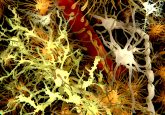Study identifies gene that could lead to new ALS therapies

Researchers from the Ben-Gurion University of the Negev (Beersheba, Israel) have identified a gene that is able to inhibit the accumulation of misfolded superoxide dismutase (SOD1) proteins in in vivo amyotrophic lateral sclerosis (ALS) mouse models. The researchers hope that their observations could lead to the development of new therapies for ALS. The study, recently published in PNAS, demonstrated that modulating levels of endogenous macrophage migration inhibitory factor (MIF) may provide a possible therapeutic treatment of suppressing SOD1 in ALS. Approximately 10% of ALS cases are genetically inherited, of which 20% of cases are a result of mutations in the...




